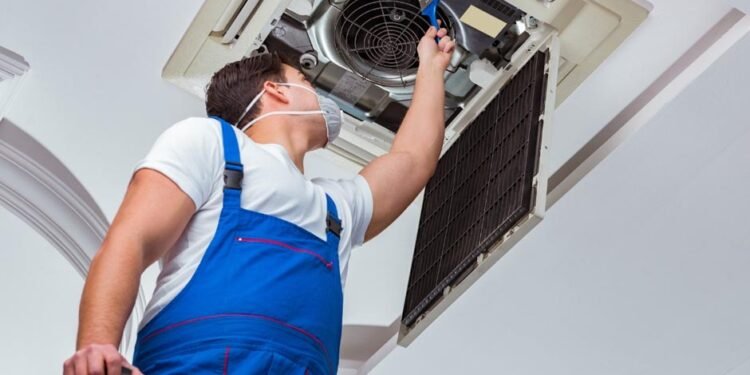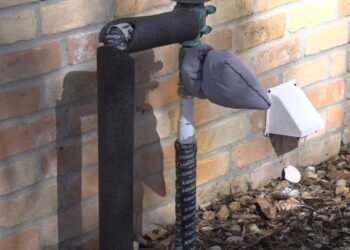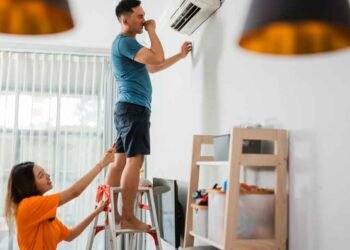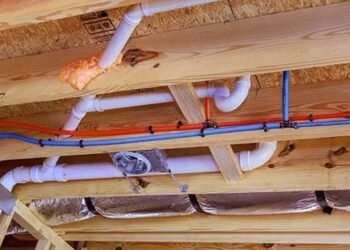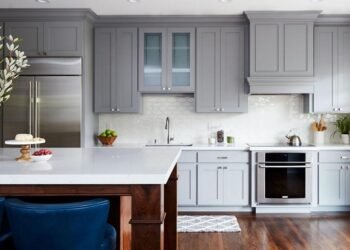As homeowners look for ways to improve their properties, one area often overlooked is the HVAC (Heating, Ventilation, and Air Conditioning) system. Upgrading your HVAC system can not only enhance your home’s value but also cut costs through increased energy efficiency. In this article, we’ll explore the benefits of smart HVAC upgrades, the budgetary challenges they present, and how financing options for good and bad credit can make these upgrades more accessible.
The Benefits of Smart HVAC Upgrades
- Increased Home Value: A modern, efficient HVAC system is a significant selling point for potential buyers. Homes with updated HVAC systems are often seen as more desirable because buyers are looking for energy-efficient, reliable, and low-maintenance options. A smart HVAC upgrade can set your home apart in a competitive market.
- Energy Efficiency: One of the primary advantages of modern HVAC systems is their energy efficiency. New systems use less energy to heat and cool your home, leading to lower utility bills. Smart thermostats, for example, can learn your schedule and adjust temperatures automatically, ensuring that your HVAC system runs only when necessary.
- Improved Comfort and Air Quality: Upgrading your HVAC system can improve indoor air quality and overall comfort. Modern systems come with advanced filtration options that can reduce allergens, dust, and other pollutants in your home. Additionally, these systems can maintain more consistent temperatures and humidity levels, enhancing comfort.
- Reduced Maintenance and Repair Costs: Older HVAC systems are more prone to breakdowns and often require frequent repairs. Upgrading to a new system can reduce these maintenance costs and provide peace of mind, knowing that your HVAC system is reliable.
Budgetary Challenges of HVAC Upgrades
While the benefits of upgrading your HVAC system are clear, the costs associated with such upgrades can be a significant hurdle for many homeowners. The price of a new HVAC system, including installation, can range from $3,000 to $7,000 or more, depending on the size of your home and the complexity of the installation.
For many homeowners, this upfront cost can be a deterrent. Additionally, unexpected repairs on an existing HVAC system can also strain the budget. Here are some strategies to manage these costs:
- HVAC Financing Options: Financing can make HVAC upgrades more affordable by spreading the cost over time. Many HVAC companies offer financing plans with flexible terms, allowing you to upgrade your system without a significant upfront payment. It’s essential to compare different financing options to find the best fit for your financial situation.
- Financing for Good and Bad Credit: Your credit score can affect your ability to secure financing. However, there are options available for both good and bad credit. Homeowners with good credit scores can access lower interest rates and more favorable terms. Those with bad credit may still qualify for financing but might face higher interest rates. It’s crucial to explore all available options and consider working with lenders who specialize in financing for various credit levels.
- Government Incentives and Rebates: Look for government programs that offer rebates and incentives for upgrading to energy-efficient HVAC systems. These programs can significantly reduce the overall cost of your upgrade.
- Energy Savings: Consider the long-term savings on your energy bills. While the initial cost is high, the reduction in monthly utility bills can offset this expense over time. Energy-efficient systems can pay for themselves through these savings.
Conclusion
Investing in smart HVAC upgrades is a wise decision for homeowners looking to increase their home’s value and reduce energy costs. While the initial expense can be daunting, financing options for both good and bad credit make these upgrades accessible. By taking advantage of government incentives and focusing on long-term energy savings, homeowners can enjoy improved comfort, air quality, and financial benefits. Upgrading your HVAC system is not just an investment in your home but also in your quality of life.
